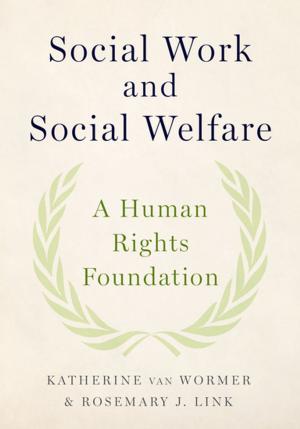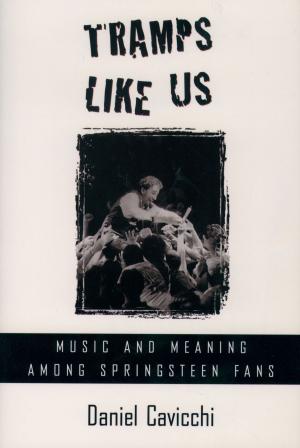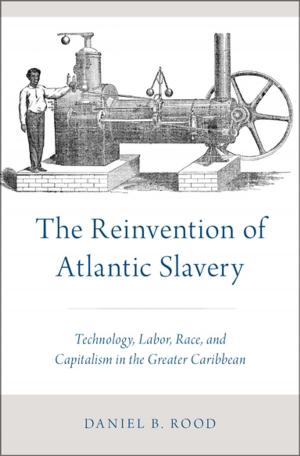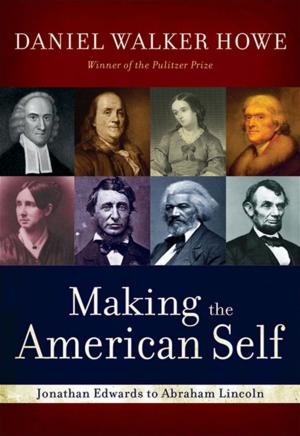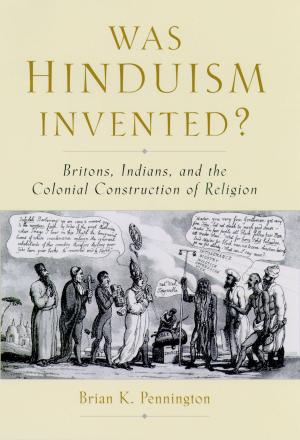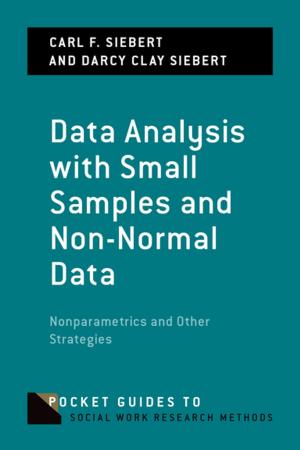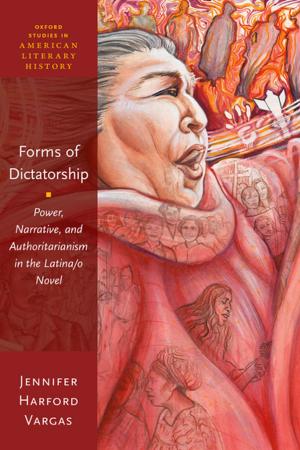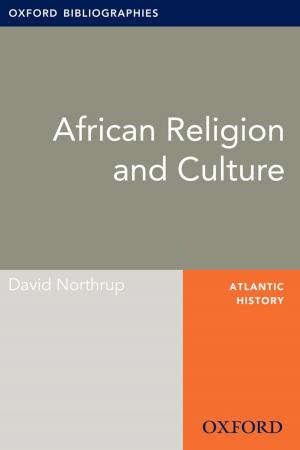Mapping Modern Beijing
Space, Emotion, Literary Topography
Fiction & Literature, Literary Theory & Criticism, Asian, Far Eastern| Author: | Weijie Song | ISBN: | 9780190692841 |
| Publisher: | Oxford University Press | Publication: | November 17, 2017 |
| Imprint: | Oxford University Press | Language: | English |
| Author: | Weijie Song |
| ISBN: | 9780190692841 |
| Publisher: | Oxford University Press |
| Publication: | November 17, 2017 |
| Imprint: | Oxford University Press |
| Language: | English |
Mapping Modern Beijing investigates the five methods of representing Beijing-a warped hometown, a city of snapshots and manners, an aesthetic city, an imperial capital in comparative and cross-cultural perspective, and a displaced city on the Sinophone and diasporic postmemory-by authors travelling across mainland China, Taiwan, Hong Kong, and overseas Sinophone and non-Chinese communities. The metamorphosis of Beijing's everyday spaces and the structural transformation of private and public emotions unfold Manchu writer Lao She's Beijing complex about a warped native city. Zhang Henshui's popular snapshots of fleeting shocks and everlasting sorrows illustrate his affective mapping of urban transition and human manners in Republican Beijing. Female poet and architect Lin Huiyin captures an aesthetic and picturesque city vis-à-vis the political and ideological urban planning. The imagined imperial capital constructed in bilingual, transcultural, and comparative works by Lin Yutang, Princess Der Ling, and Victor Segalen highlights the pleasures and pitfalls of collecting local knowledge and presenting Orientalist and Cosmopolitan visions. In the shadow of World Wars and Cold War, a multilayered displaced Beijing appears in the Sinophone postmemory by diasporic Beijing native Liang Shiqiu, Taiwan sojourners Zhong Lihe and Lin Haiyin, and émigré martial arts novelist Jin Yong in Hong Kong. Weijie Song situates Beijing in a larger context of modern Chinese-language urban imaginations, and charts the emotional topography of the city against the backdrop of the downfall of the Manchu Empire, the rise of modern nation-state, the 1949 great divide, and the formation of Cold War and globalizing world. Drawing from literary canons to exotic narratives, from modernist poetry to chivalric fantasy, from popular culture to urban planning, Song explores the complex nexus of urban spaces, archives of emotions, and literary topography of Beijing in its long journey from imperial capital to Republican city and to socialist metropolis.
Mapping Modern Beijing investigates the five methods of representing Beijing-a warped hometown, a city of snapshots and manners, an aesthetic city, an imperial capital in comparative and cross-cultural perspective, and a displaced city on the Sinophone and diasporic postmemory-by authors travelling across mainland China, Taiwan, Hong Kong, and overseas Sinophone and non-Chinese communities. The metamorphosis of Beijing's everyday spaces and the structural transformation of private and public emotions unfold Manchu writer Lao She's Beijing complex about a warped native city. Zhang Henshui's popular snapshots of fleeting shocks and everlasting sorrows illustrate his affective mapping of urban transition and human manners in Republican Beijing. Female poet and architect Lin Huiyin captures an aesthetic and picturesque city vis-à-vis the political and ideological urban planning. The imagined imperial capital constructed in bilingual, transcultural, and comparative works by Lin Yutang, Princess Der Ling, and Victor Segalen highlights the pleasures and pitfalls of collecting local knowledge and presenting Orientalist and Cosmopolitan visions. In the shadow of World Wars and Cold War, a multilayered displaced Beijing appears in the Sinophone postmemory by diasporic Beijing native Liang Shiqiu, Taiwan sojourners Zhong Lihe and Lin Haiyin, and émigré martial arts novelist Jin Yong in Hong Kong. Weijie Song situates Beijing in a larger context of modern Chinese-language urban imaginations, and charts the emotional topography of the city against the backdrop of the downfall of the Manchu Empire, the rise of modern nation-state, the 1949 great divide, and the formation of Cold War and globalizing world. Drawing from literary canons to exotic narratives, from modernist poetry to chivalric fantasy, from popular culture to urban planning, Song explores the complex nexus of urban spaces, archives of emotions, and literary topography of Beijing in its long journey from imperial capital to Republican city and to socialist metropolis.

